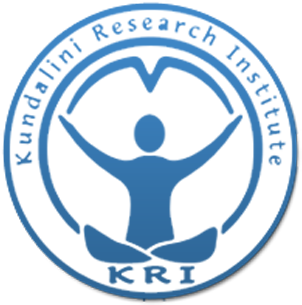Optimize Holiday Stress: Avoid Stress from becoming distress-Tips from Dr. Jayme, Ph.D Health Psychologist and Yoga Instructor.
Can you avoid stress from becoming distress this holiday season?

For many people the holiday season can mean a time of additional stress. This can quickly turn into distress. How can you avoid stress from becoming distress? The stress can come from many different stress sources. For example, gift buying, planning holiday vacations, enduring family visits, and navigating social gatherings without feeling awkward or eating/ drinking too much. Not to mention, the stress from undetermined annual bonuses, while still having to perform at high levels to meet year end deadlines.
For some of you, all of the these moving parts can become overwhelming and turn the holiday season into something you want to “get through with as minimal pain and damage as possible”.
However you don’t have to endure the holiday season with negative feelings of distress. You can feel excited and joyous during times of high stress if you have the right mind set. There is a secret to optimizing your stress rather than turning it into distress.
What is the difference between optimal stress (u stress ) and distress? How can you avoid stress from becoming distress?
Simply put one is positive and the other is negative. As the body endures more tasks it uses more energy, which drives stress hormones. But how you filter this energy through your cognitive lens makes the differences between optimizing stress and feeling defeated by it. This can mean the difference between feelings of fun vs. emotional pain, pride vs. resentment, and excitement vs. anxiety.
An example here would be: an invitation for you to attend a holiday party with new co- workers. Most importantly in the “optimal mindset” your thinking is about the ‘opportunity to connect with co-workers’. While in the “distress mindset” you are focused on ‘how much they will like you’. In the optimal mindset you are likely to feel motivated, while in the second mindset you are likely to avoid and disregard the event. Resulting in a missed opportunity to become more comfortable.
Optimizing Holiday Stress Tips: avoid stress turning to distress with these cognitive strategies
1 Slow down. Remember to take breaks and spend time doing healthy breathing exercises to reduce stress hormones.
2. Second, before you commit own your choices and your time. It is especially important to take ownership over what you commit to. Don’t just feel obligated. If you feel like you’re a blind sheep, then you will likely feel dread or annoyance. Instead look for positive intentions for your actions.
3. Instead of diving in due to “obligation” do a self awareness check to clear your cognitive lens and turn on optimal thinking.
- Self Awareness check of intentions: Each action we do has an intended reason, which is either to gain or avoid something. Sometimes its both. When you plan on tackling an action ask “What am I looking to gain and/or avoid?”.
- Self Awareness of expectations: Each action we do has an expectation of others. This can be in the form of reward, feedback, payback, support, or financial gain. Figuring our your expectations in advance helps minimize disappointment later.
4. Iron out competing goals. During times of stress it is easy to give into short term goal or sweat the small stuff. This is a sign of distress and something we want to avoid. A simple strategy to stay connected to long term goals is to write them down. I advise clients to use a 4 column system: column one is the event, followed by long term goals, competing goals, and then most importantly, your plan of action/solution.
Some examples:
A former client who owns his own company had the long term goal of growing his company by reinvesting. He also had the competing goals of keeping his employees happy with large bonuses, wanting to please his wife who wanted a nice vacation and loved the idea of being a generous holiday gift giver to friends and family. By using the iron out method he was able to be optimal in this solution and achieve all of his goals. 
5. Communicating your agenda- As result of increased self awareness it is easier to be assertive. Assertiveness of your ideas and feelings increases the chances of a successful outcome.
Overall the secret tip to not letting stress become distress comes from changing your attitude about the situations. In a nutshell how you look at the commitments and challenges will largely determine if you enjoy and feel rewarded by your experiences or whether you feel exhausted and negative about the world and worse about your self as a result.
Services
Dr. Albin is an expert in treatment of anxiety, phobias, PTSD and other stress related disorders. Using methods of Cognitive Behavioral Therapy, EMDR, Mindfulness, Yoga, Acceptance and Performance Training. She incorporates the latest advances in technology such as biofeedback and Virtual Reality to provide the most fast and effective results for clients. We focus on Resolving underlying issues, Changing patterns of symptoms and behaviors and Increasing Life Performance!
212-631-1133
info@cbt-newyork.com

Jayme Albin received her Ph.D. in Clinical Psychology with a concentration in Health Psychology from Albert Einstein College of Medicine at Yeshiva University, her Masters in Development Psychology from Columbia University and her BBA in Banking and Finance, Cum Laude with High Honors from Hofstra University.
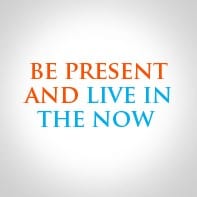

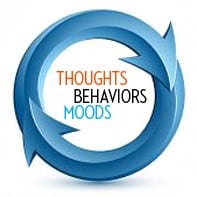

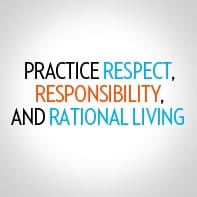

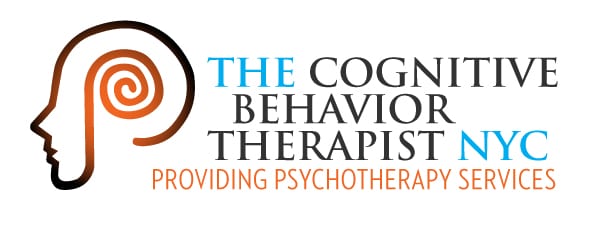


 Dr. Jayme Albin has authored and published two books: “The idiots guide to CBT (released summer /fall 2014) Penguin) and “The of fear of flying using biofeedback and virtual reality therapy”
Dr. Jayme Albin has authored and published two books: “The idiots guide to CBT (released summer /fall 2014) Penguin) and “The of fear of flying using biofeedback and virtual reality therapy” 




